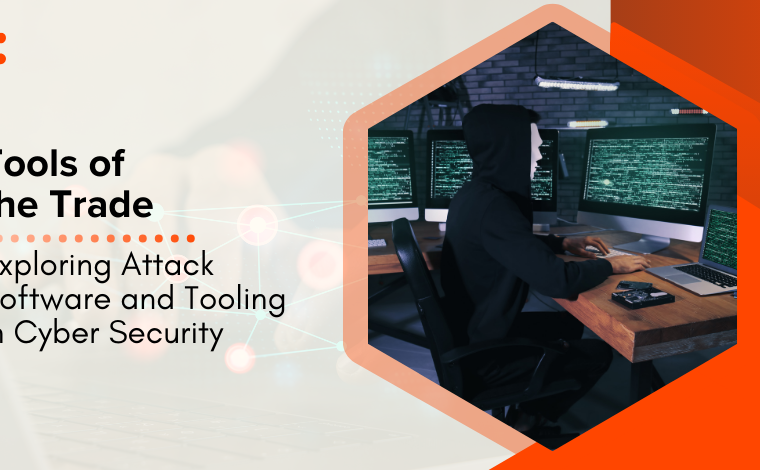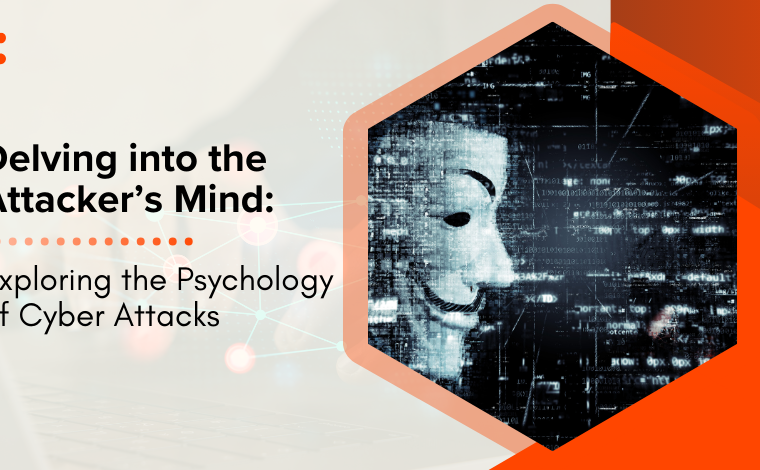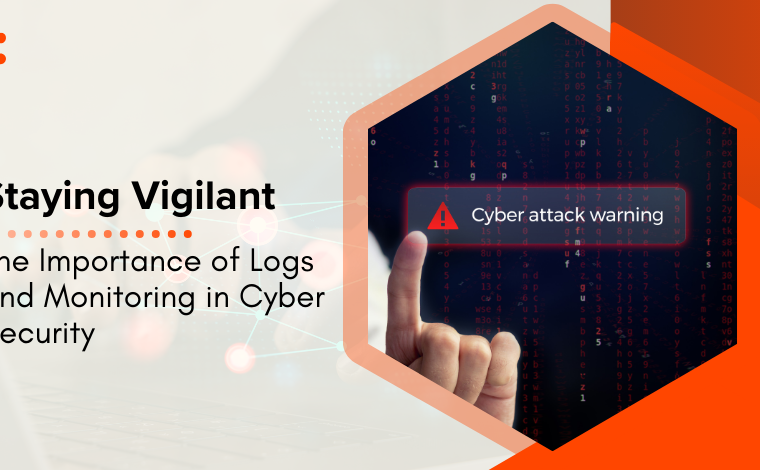Top 7 Tips on Becoming a Cyber Security Specialist

Stay Informed With Our Weekly Newsletter
Receive crucial updates on the ever-evolving landscape of technology and innovation.
The world of cyber security is ever-evolving, with new threats emerging daily. As such, the demand for skilled cyber security specialists is at an all-time high.
In 2023, the revenue of the global Cyber Security Industry exceeded $190.5 billion, and it is expected to reach approximately $208.8 billion by the end of 2024, marking a year-over-year growth of 10%.
If you’re interested in joining this exciting field, here are seven tips to help you on your journey to becoming a cyber security specialist.
Understanding the role of a cyber security specialist

A cyber security specialist is responsible for protecting an organisation’s data from threats. This includes implementing security measures, monitoring systems for breaches, and responding to cyber attacks.
The role requires a blend of technical knowledge and soft skills, as you’ll often be required to explain complex issues to non-technical colleagues.
As a specialist, you’ll need to stay up-to-date with the latest security trends and threats. This involves continuous learning and adapting to new technologies and methods.
It’s a challenging role, but it’s also incredibly rewarding, as you’ll be playing a crucial part in protecting your organisation’s data.
Key skills of a cyber security specialist
There are several key skills that a cyber security specialist should possess.
These include a strong understanding of computer networks, knowledge of encryption and decryption methods, and the ability to identify and mitigate threats.
Additionally, problem-solving skills are crucial, as you’ll often be tasked with finding solutions to complex security issues.
Soft skills are also important. You’ll need to be able to communicate effectively with colleagues and stakeholders, explaining complex issues in a way that they can understand.
Additionally, you’ll need to be able to work under pressure, as you may be required to respond to security breaches at short notice.
Seven tips on becoming a cyber security specialist
1. Obtain a degree in a relevant field

While it’s possible to become a cyber security specialist without a degree, having one can certainly give you an edge. Degrees in computer science, information technology, or cyber security are all relevant choices.
These courses will provide you with a solid foundation of knowledge, covering topics such as networking, programming, and data analysis.
Many universities also offer specialised cyber security degrees, which focus specifically on the skills and knowledge needed in this field.
These courses often include modules on ethical hacking, cryptography, and digital forensics, providing a comprehensive overview of the field.
2. Gain relevant experience
Experience is necessary to become a cyber security specialist.
Many employers prefer candidates who have practical experience, as it demonstrates that they can apply their knowledge in a real-world setting.
Look for internships or entry-level roles in IT or cyber security to gain this experience.
Additionally, consider working on personal projects or participating in cyber security competitions. These can provide valuable hands-on experience and demonstrate your passion for the field.
Learn all of the essential skills to become a cyber security specialist, and gain hands-on experience by enrolling in the Institute of Data’s Cyber Security program.
3. Earn industry certifications
Certifications are a great way to demonstrate your knowledge and skills to potential employers.
There are numerous certifications available in the field of cyber security, ranging from entry-level to advanced.
Some of the most respected include the Certified Information Systems Security Professional (CISSP) and the Certified Ethical Hacker (CEH).
While certifications aren’t a substitute for experience, they can certainly help to boost your CV. Additionally, studying for these certifications can help to deepen your understanding of the field.
4. Stay up-to-date with the latest trends
The field of cyber security is constantly evolving, with new threats and technologies emerging all the time.
As such, it’s crucial to stay up-to-date with the latest trends. This involves reading industry news, attending conferences, and participating in online forums and communities.
Staying informed will not only help you to perform your job more effectively, but it will also demonstrate to employers that you’re passionate and committed to your career.
5. Develop your soft skills
While technical skills are crucial in cyber security, don’t underestimate the importance of soft skills. Communication, teamwork, and problem-solving skills are all highly valued in this field.
You’ll often be required to work with non-technical colleagues, so being able to explain complex issues in a clear and understandable way is crucial.
Additionally, cyber security can be a high-pressure field, so stress management and resilience are also important skills to develop.
6. Network with industry professionals

Networking can be a great way to learn about job opportunities and gain insights into the industry.
Attend industry events, join professional organisations, and connect with professionals on LinkedIn.
Not only can this help you to learn about the industry, but it can also help you to build relationships with potential employers.
Remember, networking isn’t just about taking – it’s also about giving. Be sure to share your own insights and experiences, and be willing to help others where you can.
7. Be prepared for continuous learning
Finally, if you want to become a cyber security specialist, be prepared for continuous learning.
The field of cyber security is constantly evolving, and you’ll need to adapt and learn new skills throughout your career.
This might involve pursuing further certifications, attending training courses, or simply staying informed about the latest trends.
While this can be challenging, it’s also one of the most exciting aspects of a career in cyber security. You’ll never stop learning, and you’ll always be at the forefront of technological advancements.
Conclusion
Becoming a cyber security specialist is a journey that requires a blend of technical knowledge, practical experience, and soft skills.
By following these seven tips, you can set yourself on the path to a successful and rewarding career as a cyber security specialist.
Remember, the world of cyber security is ever-evolving, and continuous learning is a key part of the job. Stay curious, stay informed, and never stop learning.
To improve your knowledge and skill set in the realm of cyber security, consider exploring the Institute of Data’s specialised Cyber Security program.
Alternatively, if you’d like personalised guidance on your career path in cyber security, don’t hesitate to schedule a complimentary consultation to discuss the program.





